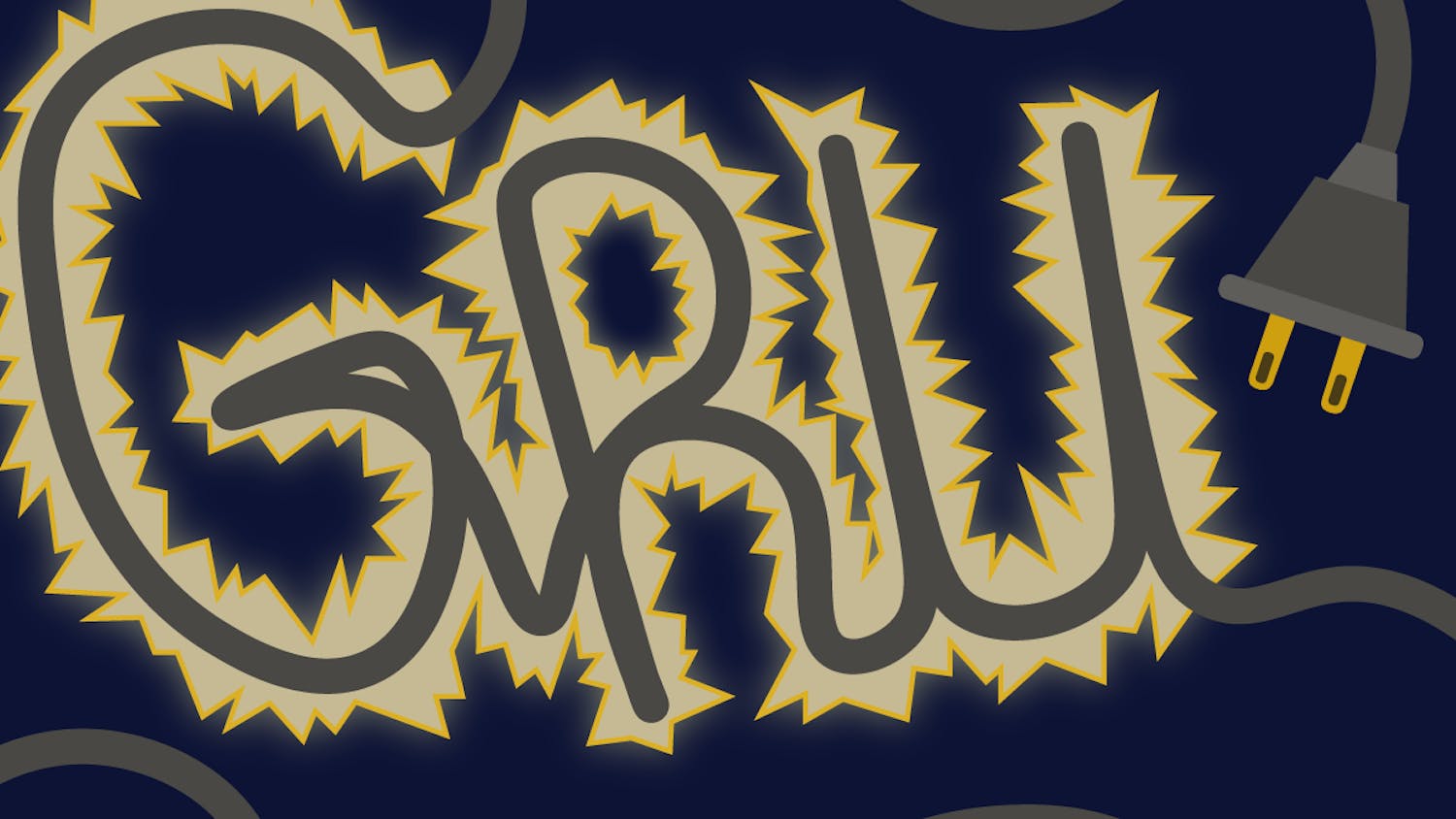Although President Obama recently signed a law banning microbeads starting in 2017, environmentalists are still concerned with a smaller, yet bigger, problem: microfibers.
“Microfibers are going to be the next fight,” said UF Institute of Food and Agricultural Sciences Extension agent Maia McGuire.
Microfibers are tiny bits of plastic that are swept from clothes in the washing machine or from cleaning cloths, she said.
McGuire runs a project in which volunteers collect 1-liter samples in coastal areas around the state to monitor water pollution.
They mostly find microfiber debris because the sample sizes are too small to pick up larger plastics.
Alachua Environmental Protection director Chris Bird doesn’t find that surprising.
“Recently, it has been discovered that these microfibers are actually the biggest source of plastic pollution in the ocean,” Bird said. “The trend is that the legislatures are unwilling to deal with these emerging contaminants. There is a lag time between people discovering a problem and a governmental response.”
Similar trends are seen in the way water is tested. The Gainesville Regional Utilities treatment plant does not test their water for microfiber or microbeads, Ana Krsmanovic, GRU marketing and communications specialist, wrote in an email.
“Waste water plants treat the water from toilets and washing machines,” Bird said.
“The treatment plants we have right now do not treat these contaminates,” he said.
Bird also said the change in the type of clothing we buy has affected microfiber quantities passing into our water supply.
“A while back we used cotton and more natural materials in our clothing. This has changed,” Bird said. “Companies like Patagonia, and other clothing companies that claim they are green, manufacture their products in China where there is very little regulation.”
Contact Meryl Kornfield at mkornfield@alligator.org and follow her on Twitter @merylkornfield




